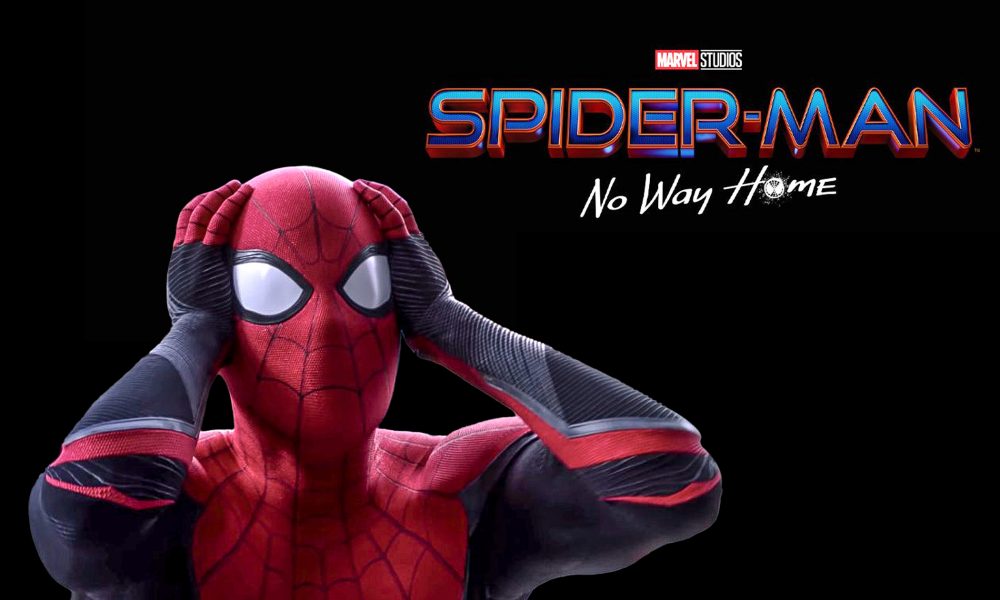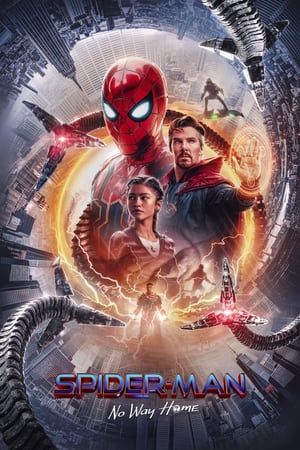If there’s one thing “Spider-Man: No Way Home” achieves masterfully, it’s rekindling the whimsical unpredictability that made comic books, especially those featuring Peter Parker, so enchanting. In a genre often criticized for its precision, this film stands out as a calculated spectacle that manages to be bursting with creative joy.
Director Jon Watts and his team have crafted a true event movie, reminiscent of a double-sized crossover issue in a comic book. It successfully sidesteps the pitfalls of other crowded part threes, delivering a surprisingly spry, inventive, and purely entertaining experience. “No Way Home” not only embraces its calculated nature but also leads to a final act that not only earns its emotions but pays off forgotten character arcs.
The story picks up immediately after the events of “Spider-Man: Far From Home,” with Peter Parker facing the consequences of Mysterio’s revelation. The film’s opening scenes highlight the pitfalls of super-fame, setting the stage for a thrilling adventure that involves Doctor Strange, a spell gone awry, and the unexpected return of familiar villains like Doc Ock and the Green Goblin.
What sets “No Way Home” apart is its seamless incorporation of characters and mythology from previous cinematic iterations. This isn’t a mere casting gimmick; instead, it weaves a narrative that speaks to a broader theme connecting the entire Spider-Man series. The film explores the essence of being a superhero, focusing on the modern Peter Parker’s journey to understand the responsibility that comes with great power.
In a genre often preoccupied with superhero identity crises, “No Way Home” stands out by foregrounding Peter Parker’s struggle with fame and the impactful decisions he must make. It’s a graduation story, forcing Parker to grow up and grapple with the consequences of his choices. The film also explores empathy as Peter attempts to save villains from other multiverse iterations of himself, becoming a commentary on correcting past mistakes.
Director Jon Watts deserves credit, especially for the film’s action sequences, which showcase a fluidity and expertly rendered beats that elevate the superhero genre. Michael Giacchino’s score is lauded as one of the best in the MCU, adding a heroic dimension to the film.
While there’s much to love about “No Way Home,” it’s not without its flaws. The film’s 148-minute runtime feels a bit excessive, with the first half occasionally repeating themes and plot points. There’s a call for a tighter presentation that trusts the audience to unpack the film’s themes without excessive explanation. Additionally, the decision to elevate Ned as a major character feels like a distraction, although Zendaya and Holland’s chemistry shines through, particularly in the emotional beats of their characters.
In essence, “Spider-Man: No Way Home” goes beyond being a mere greatest hits compilation. It delves into the significance of historic heroes and villains, exploring why these characters resonate with audiences and what constitutes a victory over evil. More than any other MCU movie in recent memory, it rekindles the desire to revisit the old box of Spider-Man comic books—a truly heroic accomplishment.
“Spider-Man: No Way Home” swings into theaters on December 17th.


